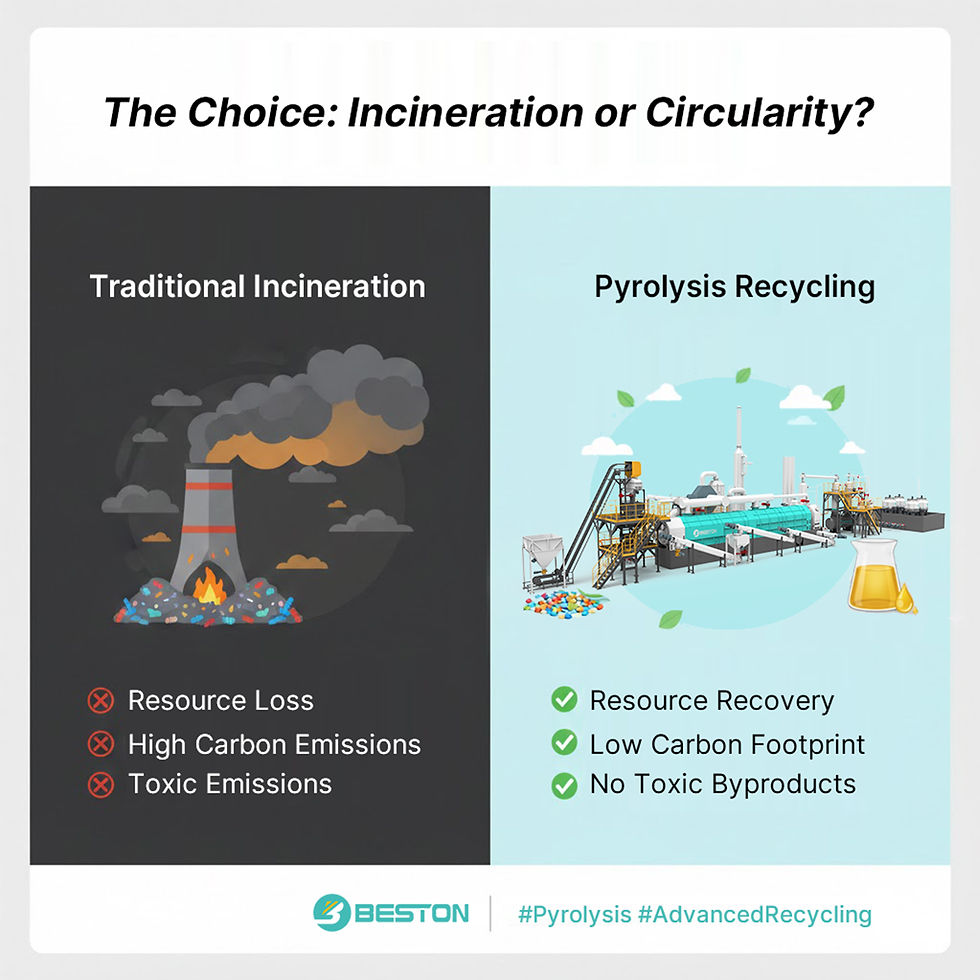Exploring the Energy Balance in Charcoal Manufacturing Processes
- lee784287
- 2025年11月12日
- 讀畢需時 2 分鐘
The production of charcoal is not merely a matter of thermal decomposition; it is a complex energy transformation system that demands careful balancing between input and output. Achieving energy equilibrium within this process determines not only the efficiency of the production line but also its environmental performance. Understanding how energy is consumed, recovered, and reutilized throughout the manufacturing sequence allows producers to minimize waste and enhance sustainability metrics.
Thermal Conversion and Feedstock Properties
At the heart of the process lies the thermal decomposition of biomass under limited oxygen conditions. The nature of the feedstock—its moisture content, density, and volatile composition—dictates the required heat input. A high-moisture raw material demands additional energy to evaporate water before pyrolysis begins, leading to higher energy losses. Conversely, well-prepared dry feedstock ensures more direct conversion and a higher yield of fixed carbon. The energy transfer efficiency during this phase is closely linked to reactor insulation, uniform heating, and control of air ingress.
Internal Energy Recovery Mechanisms
Modern systems integrate heat recovery technologies that significantly alter the overall energy balance. Hot flue gases generated during carbonization can be redirected to pre-dry feedstock or sustain the reactor temperature without additional fuel. In some configurations, secondary combustion chambers oxidize volatile gases, transforming them into usable thermal energy. This internal recirculation of heat allows the process to approach thermodynamic self-sufficiency, drastically reducing external energy demand.
Role of Charcoal Briquette Making Machine
The charcoal briquette making machine plays a critical role in optimizing post-production energy utilization. After pyrolysis, the powdered carbonized material is compressed under mechanical pressure to form dense briquettes. This mechanical densification not only enhances transport and storage efficiency but also stabilizes the residual calorific value of the product. By consolidating fine particles that would otherwise be wasted, the machine improves the energy yield per unit of feedstock. It bridges the thermal domain of carbonization with the mechanical realm of material valorization, ensuring that minimal energy potential is lost in the transition.

Emission Control and Energy Loss Mitigation
One of the key challenges in maintaining a favorable energy balance is mitigating heat loss and managing gaseous emissions. Uncontrolled venting of combustible gases or incomplete combustion can lead to significant inefficiencies. Advanced gas cleaning systems—incorporating condensers, tar separators, and particulate filters—serve a dual function: they recover latent heat from vapors while ensuring cleaner exhaust streams. By reintroducing purified gases into the heating circuit, these systems enhance overall process coherence and thermal efficiency.
Toward an Energy-Positive Production Model
Recent innovations are steering the industry toward energy-positive charcoal manufacturing. Integration of waste heat boilers, thermoelectric modules, and continuous feed mechanisms enables the plant to generate surplus energy for auxiliary operations. When properly engineered, a modern production line can sustain itself energetically and even supply electricity back to the grid. The convergence of optimized reactor design, efficient briquetting, and controlled heat recovery signals a decisive move toward low-carbon, high-yield charcoal production systems.
In essence, maintaining an optimal energy balance in charcoal manufacturing is both a technical and strategic endeavor. Every parameter—from feedstock conditioning to the operation of the charcoal briquette making machine—contributes to the equilibrium of input and output energies, defining the sustainability and profitability of the entire process.



留言